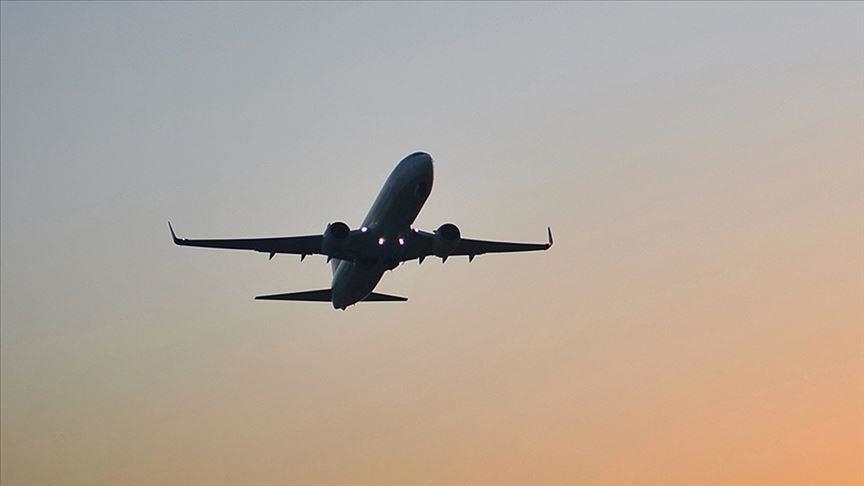GENEVA
The International Air Transport Association (IATA) said that along with airlines, it is mounting a legal challenge to the Netherlands government’s “sudden decision” to reduce Schiphol Airport’s capacity.
Schiphol Airport, one of the world’s busiest, is already restricted to 500,000 flights annually, according to the airline association.
IATA said a new government decree would renege on an earlier agreement, reducing Schiphol connectivity to 460,000 flights from November 2023.
“The Netherlands is handicapping its economy by destroying connectivity. And it is doing it in contravention of EU law and its international obligations,” said Willie Walsh, IATA’s Director General.
“The job-destroying hostile approach to aviation that the Dutch government has chosen is a totally disproportionate response to managing noise.”
Walsh said the Netherlands government has even refused “meaningful consultations.”
From June 2022, Schiphol began slashing flight numbers after chaos and long queues at the airport, which faced a shortage of security staff and baggage handlers, in particular, forcing operations at a reduced capacity.
According to Airports Council International, Schiphol was the world’s No. 3 airport in 2021 for international passengers, behind airports in Dubai and Istanbul.
IATA said the airport had made flight reductions the goal rather than working with industry to meet noise and emissions reduction goals while restoring employment and revitalizing the post-pandemic economy.
Dangerous precedent
“The dangerous precedent that this illegal approach creates left no choice but to challenge them in court,” said Walsh.
The global airline community believes that the Dutch government’s “political decision” contravenes the EU Regulation on noise-related operating restrictions at European airports.
IATA said the move at The Hague also disregards the Chicago Convention, a binding international agreement to which the Netherlands is a signatory.
“Annex 16 of the Convention contains provisions for The Balanced Approach to Aircraft Noise Management which states are obligated to follow when taking measures to manage the noise impacts of aviation.”
IATA said the airline industry continually deploys quieter aircraft, reducing noise levels by 50% in the last decade.
The investment in new fleets also plays a significant role in meeting the aviation industry’s commitment to reduce its CO2 emissions to net zero by 2050, out in a Resolution by IATA in 2021.
The industry’s robust plan for reducing CO2 includes the uptake of Sustainable Aviation Fuels, of which airlines operating in and to the Netherlands have been among the leading users, said IATA.
IATA is the trade association for the world’s airlines, representing some 300 airlines or 83% of total air traffic.

